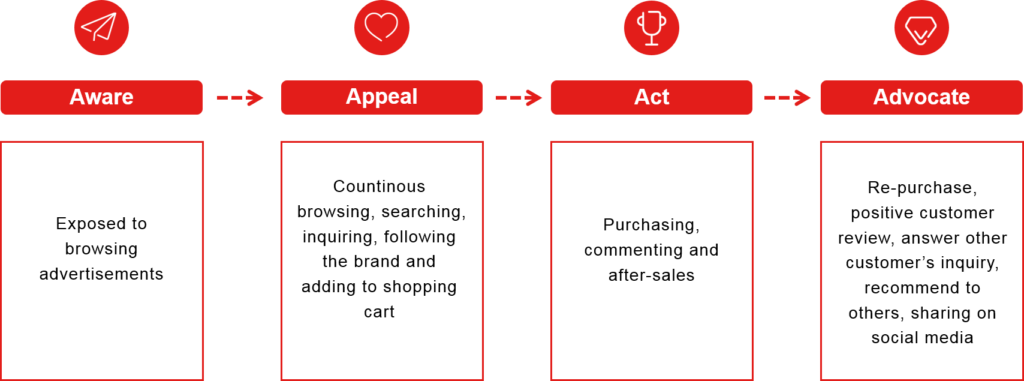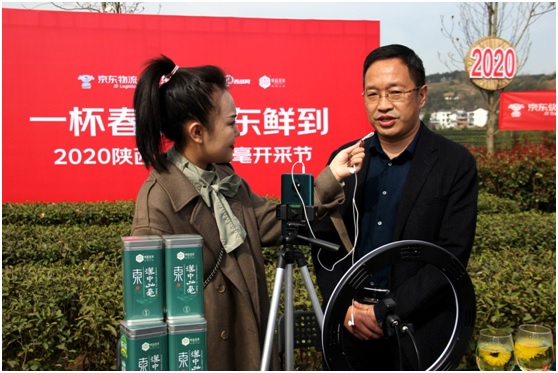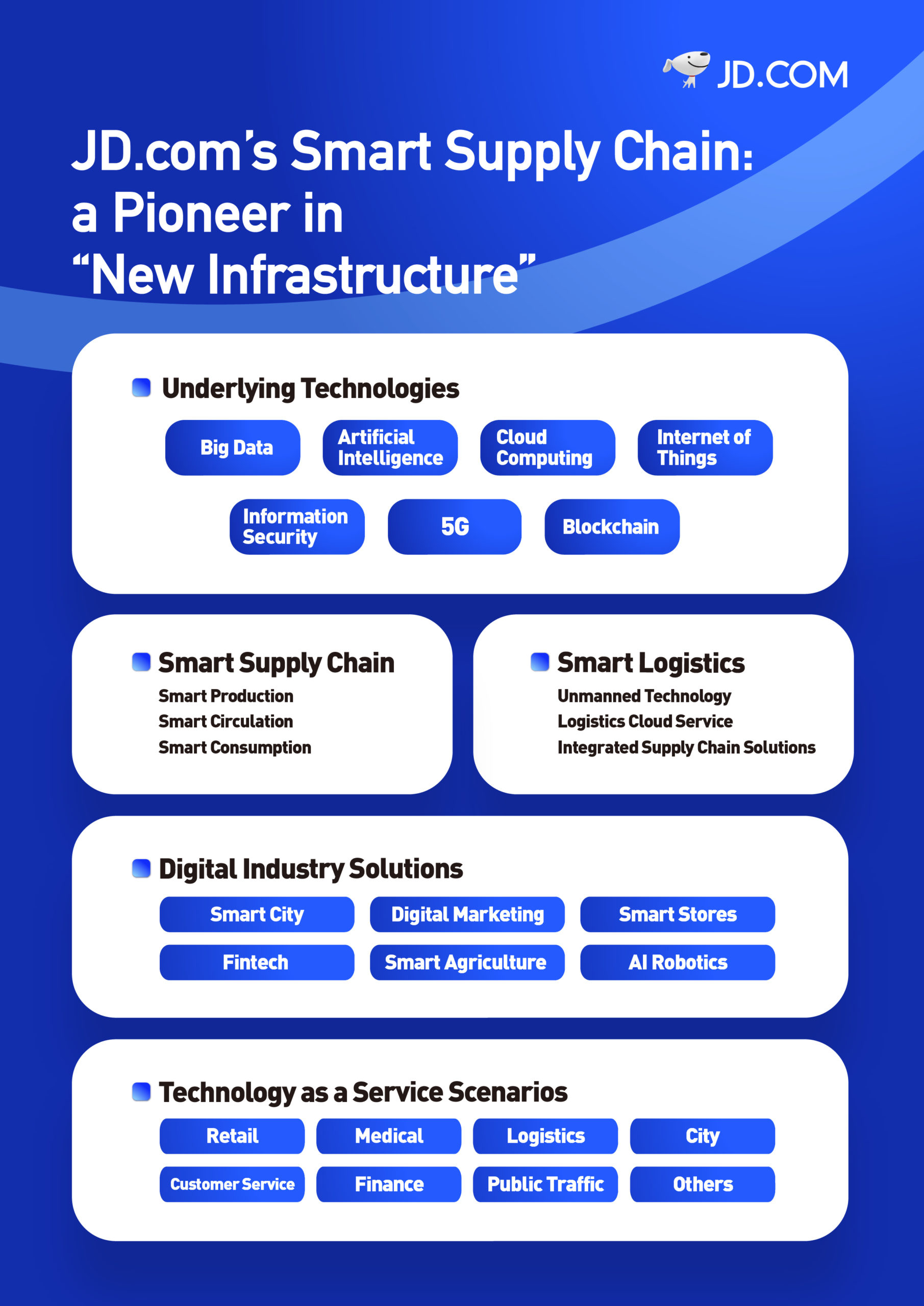Nov 8, 2019|
JD’s Marketing360 boosts growth for Dyson in China
JD.com is using its advanced technology to empower yet another group, advertisers, helping companies like renowned home appliance company Dyson win in China. When Dyson decided they needed to boost sales in the country while maximizing their marketing resources, they turned to JD and its innovative Marketing360 platform. Leveraging Marketing360, Dyson and JD.com were able to target potential Chinese customers with an unprecedented degree of accuracy and efficiency.
Dyson’s decision to partner with JD.com comes as China has become its fastest growing market, and is expected to be its largest market by 2021. During JD’s “6.18” anniversary shopping festival this year, sales of Dyson products increased 60% year-on-year. JD is now Dyson’s largest retail channel globally.
“JD’s Marketing360 platform is an incredibly powerful tool for connecting brands with the Chinese market, as we’ve seen through our partnerships with Dyson and other leading brands,” said Paul Yan, President of JD Retail Business Growth. “Our tech-driven model enhances user experience by bringing consumers the products and content most relevant to them.”
JD Marketing360
JD’s Marketing360 platform formulates marketing solutions through its unique “4A” model which systematically identifies customers in four different categories: 1A – ‘Aware,’ 2A – ‘Appeal,’ 3A – ‘Act,’ and 4A – ‘Advocate”:
- 1A Aware – users who have been exposed to the brand via advertisements
- 2A Appeal – users who pay attention to the brand – indicated by browsing, searching, and/or adding products to cart – but still don’t make a purchase
- 3A Act – users who make a purchase, write product reviews, and/or use after-sales services
- 4A Advocate – users who make multiple purchases, recommend products to others, and/or share on social media

By analyzing the characteristics of users within each group, the “4A” model enables a targeted approach in converting users who have not yet made a purchase (“1A” and “2A”) into users who have (“3A” or “4A”). User groups are then further divided into subcategories according to their potential conversion rate, allowing the company to allocate its marketing resources in the most effective way.
Marketing360 tailored for Dyson
In Dyson’s case, JD’s Marketing360 platform utilized the “4A” model to identify 1A and 2A users, and also identified users in five closely related categories who had strong potential to purchase a Dyson vacuum. The five categories were:
- Baby and maternal products buyers: young parents eager to ensure a clean and safe environment for their offspring;
- Gift givers, with recent trends showing Chinese consumers now often favor buying Dyson products for loved ones due to their practicality and high quality;
- Auto accessory shoppers: car owners who have a need for car vacuums;
- Pet products shoppers;
- Home furnishing products shoppers who are likely to buy vacuums for their new homes.
Based on this analysis, JD can help Dyson forecast the sales of different user groups and rationally allocate marketing resources to attract users and boost sales.
JD and Dyson also worked to develop several video advertisements tailored to different categories of consumers. Tailored scenarios included people with allergies using a Dyson vacuum cleaner to clean their beds, pet owners cleaning animal hair and parents who want a safe and clean environment for their children.
The videos were then promoted throughout JD’s vast ecosystem of partners, including video streaming site iQIYI, social messaging service WeChat, and news platforms like Toutiao and Baidu.

Dyson’s experience with the JD Marketing360 platform shows how JD’s cutting-edge technological infrastructure can help advertisers overcome common bottlenecks within China’s digital marketing landscape, and address the major challenge of turning traffic into sales. As a result of the campaign, Dyson tripled the efficiency of its new customer acquisition for vacuum products, and the sales on JD during that month exceeded expectations by 22%. Dyson continues to use the model to better target its users.



 JD.com Helps Farms Go Digital to Bring Safer, Healthier Food to Chinese Customers
JD.com Helps Farms Go Digital to Bring Safer, Healthier Food to Chinese Customers



